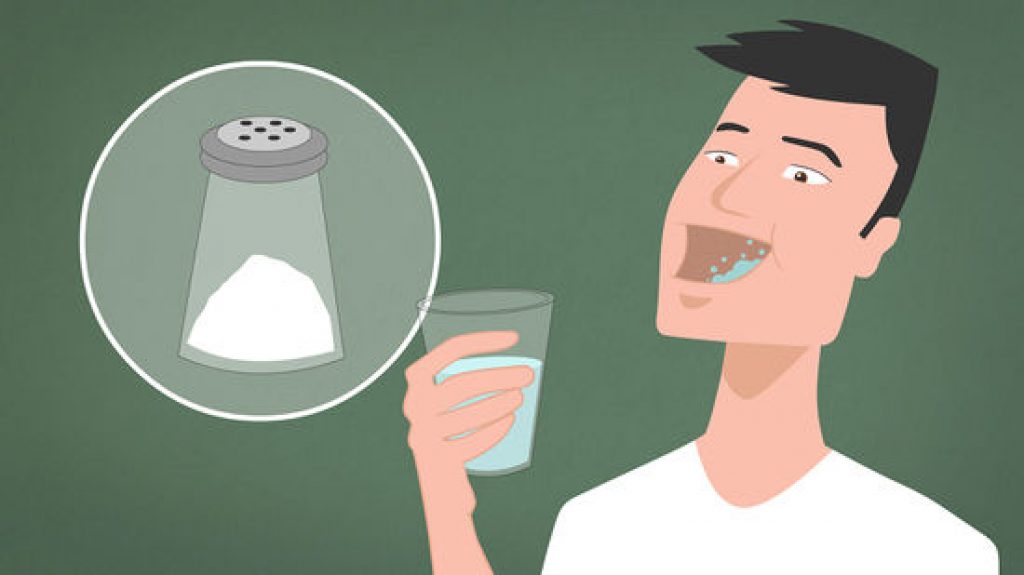
Contents
Losing our voice, becoming hoarse, or experiencing other challenges with our voice may be distressing, especially for those who rely on it for work. People have trusted in home remedies for generations and throughout cultures as a useful remedy to many problems. The loss of our voice is no exception. So, here are some methods how to get your voice back quickly for everyone, visit Motherofcoupons for more information.
The reason why you lost your voice

You’re undoubtedly already aware of the most prevalent causes of voice loss. It’s hardly unexpected that your throat is calling it quits after days of post-nasal drip, painful throat, and feeling like you’re hacking up a lung (which your doctor is more formally calling laryngitis).
But what about the time you became deafeningly deafeningly deafeningly deafeningly deafeningly deafeningly deafeningly deaf It begs the question, “What exactly happens when we lose our voice?”
“Whether caused by disease or overuse, laryngitis develops when your vocal cords get inflamed,” Dr. Yiu adds. “This inflammation, or swelling, inhibits your vocal cords from vibrating correctly, resulting in hoarseness and, eventually, voice loss.”
According to Dr. Yiu, hoarseness can also be caused by the development of benign vocal cord lesions such as cysts or polyps. Hoarseness may also be an indication of vocal cord malignancy or neurologic diseases such as vocal cord paralysis or vocal tremor.
“These disorders are less prevalent and affect the vocal cords differently than acute laryngitis, but they are less likely to cure on their own and can only be detected through a scope,” Dr. Yiu explains.
How long does it take to get your voice back?

Hoarseness is more common during upper respiratory illnesses. You’re coughing and cleaning your throat frequently, and your voice may sound croaky or weak. This can last anywhere from a few days to a few weeks, and in some circumstances much longer.
How long should you wait to see if it goes gone by itself? It all depends.
“If you rely on your voice for work, arrange an appointment with your doctor if your voice isn’t improved in two weeks,” he advises.
A history of smoking, a history of cancer, or other health issues should trigger an assessment for hoarseness that lasts more than two to four weeks.
How to get your voice back quickly
Relax your voice.
The single most crucial aspect in mending laryngitis is resting your voice. Irritation and inflammation take time to cure, and refraining from using your voice allows your vocal cords to heal.
Try not to talk for a day or so, and if you must, speak gently.
Don’t mutter.
You might be shocked to find that whispering can aggravate laryngitis and should be avoided when your voice is hoarse.
When you whisper, your vocal cords are squeezed taut and unable to vibrate, putting additional strain on them. Instead of whispering, employ a “confidential voice” or a low-volume natural voice.
Drink lots of water.

A person suffering from laryngitis should drink enough water to avoid dehydration.
Water is the greatest way to avoid dehydration. However, warm beverages like tea and broth can also help calm the larynx.
Caffeinated beverages, such as coffee or black tea, should be avoided since they might cause dehydration.
Use salt water to gargle.

Gargling moisturizes your throat, softens your vocal cords, and accelerates the process of voice restoration.
You can gargle with over-the-counter mouthwashes to help destroy germs in your throat that may be causing your voice loss.
Remember, if you microwave a cup of water, make sure it’s not too hot; the last thing you want is to practically roast the lining of your throat.
Using honey
Always add honey to your teas to kick them. Honey is antiviral, antimicrobial, and anti-inflammatory.
The Centers for Disease Control and Prevention even recommends it for symptomatic treatment of colds and coughs.
Put a bottle of Manuka honey on your shelf if you’re ready to splurge a bit. As expensive as it is, it has been medically confirmed to more efficiently eliminate microorganisms that cause sore throats, such as Streptococcus.
Avoid smoking and alcohol

Try taking a few days off if you’re a habitual smoker or vaper. Smoking is usually associated with throat irritation, thus anybody recovering from laryngitis should quit smoking and avoid being in smoky areas.
If you can’t quit smoking right immediately, think about utilizing a nicotine patch or another smoking cessation aid.
Alcohol is an irritant that can dry up your throat, exacerbating the symptoms of laryngitis.
Avoiding drinking while attempting to regain your voice is advised since it may delay recovery.



